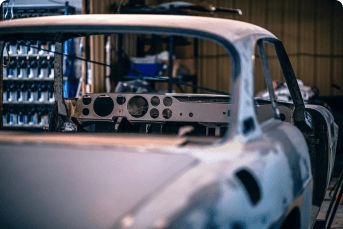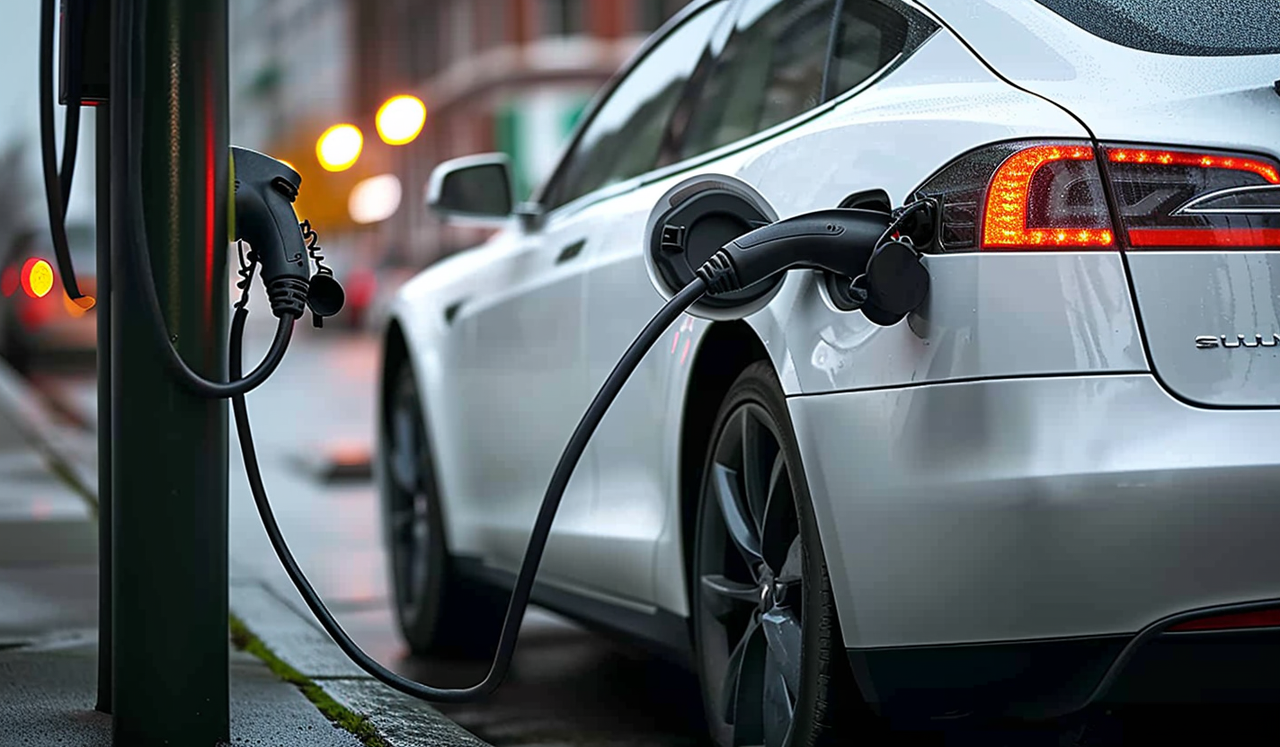When it comes to buying or selling a used car, one of the most important aspects is determining its value. Understanding how cars are valued can help you make informed decisions and get the best deal. In this article, we will demystify the process of used car valuation, exploring the key factors and methods used by experts in the industry.
Factors Affecting Used Car Valuation
Age: The age of a car is an important factor in determining its value. Generally, older cars have lower values compared to newer ones.,Mileage: The number of miles a car has been driven also plays a significant role in its valuation. Higher mileage usually leads to a decrease in value.,Condition: The overall condition of a car, including its exterior, interior, and mechanical components, affects its value. Well-maintained cars are generally valued higher.,Market Demand: The demand for a specific make and model can impact its value. Popular cars often have higher resale values.,Features and Options: Additional features and options such as navigation systems, leather seats, and advanced safety features can positively influence a car's value.,Accident History: Cars that have been involved in accidents may have lower values due to potential damage and repairs.,Service History: A documented service history showing regular maintenance and repairs can positively impact a car's value.,Location: The geographical location where a car is being sold can affect its value. Factors such as local market trends and regional demand play a role.
Methods Used for Used Car Valuation
Online Valuation Tools: There are numerous online tools available that use algorithms and data to provide estimated car values. These tools consider factors such as make, model, year, mileage, and location.,Comparative Market Analysis: This method involves comparing the prices of similar cars in the local market. It takes into account factors like age, mileage, condition, and demand.,Professional Appraisal: Getting a professional appraisal from a certified car appraiser can provide an accurate valuation. Appraisers inspect the car in person and consider its condition, history, and current market trends.,Dealer Trade-In Offers: When trading in a car at a dealership, they will assess its value based on factors like condition, demand, and their own profit margins.,Independent Inspections: Having an independent inspection done by a qualified mechanic can help determine the true condition of a used car, which in turn affects its value.,Vehicle History Reports: Obtaining a vehicle history report can reveal important information about a car's past, including accidents, title status, and previous owners.,Auction Prices: Monitoring auction prices can give insight into the current market value of a specific car.,Consulting Experts: Seeking advice from automotive industry professionals or experienced car buyers/sellers can provide valuable insights into used car valuation.
Conclusion
Used car valuation can be a complex process, but understanding the key factors and methods used can help you navigate the market with confidence. By considering factors such as age, mileage, condition, and market demand, and utilizing methods like online tools, market analysis, appraisals, and inspections, you can make informed decisions when buying or selling a used car.




